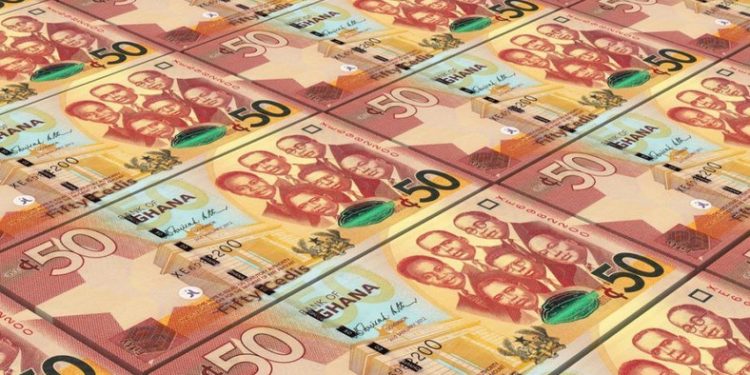Government has settled a little over 50% of debt owed the Independent Power Producers, Distributors and Bulk Consumers.
This leaves the current indebtedness of the government to the IPPs at about $750 million.
The Chamber of Independent Power Producers describes the move as a good faith shown by government but wants more.
According to the Chamber, it remains the most competitive energy private sector player in the ECOWAS sub region.
Chief Executive, Elikplim Komla Apetorgbor said “IPPs in Ghana remains the most competitive in the sub region. We are doing averagely 11 cents per kWh, and as a chamber and as an objective, we have challenged ourselves to competition to do better than this.”
The Energy Expert also said “the GH¢12 billion payment is not a gift, it’s a legitimate payment. It’s actually an overdue payment and it’s in respect of services that we’ve pre-financed and provided just to keep the lights on for the good people of Ghana”.
IPPs threatened to withdraw services prior to December 2020 elections
The Independent Power Producers and Bulk Distributors in November 2020 threaten to withdraw its services, a situation that could have triggered power cuts, popularly called dumsor.
This was after it had sent a letter to the Ghana Grid Company Limited with the Energy Minister and the Electricity Company of Ghana in copy.
The letter to GRIDCo said the action has become necessary as it demands ECG and government to settle at least 80% of its indebtedness worth $1 billion, in a matter of urgency.
Energy sector debt to hit $12.5bn in 2023
Meanwhile, the country’s energy sector debt may rise to 12.5 billion dollars by 2023 if concrete steps are not taken to address the losses within the electricity sector.
According to Energy Minister designate, Dr. Mattew Opoku-Prempeh, the debt pose a challenge to the economy since the Electricity Company of Ghana cannot collect all the money for the electricity it sells.
“We don’t collect enough revenue to meet our requirements. “We’re going to sit down with all the players and let them understand that if we don’t change and agree on some parameters we’ll all collapse.”







